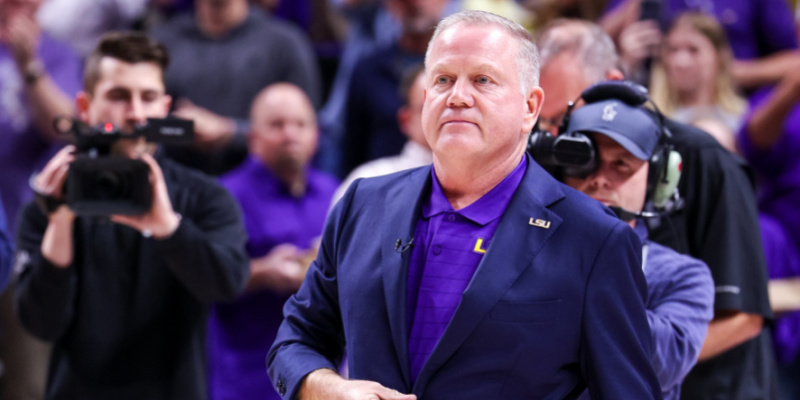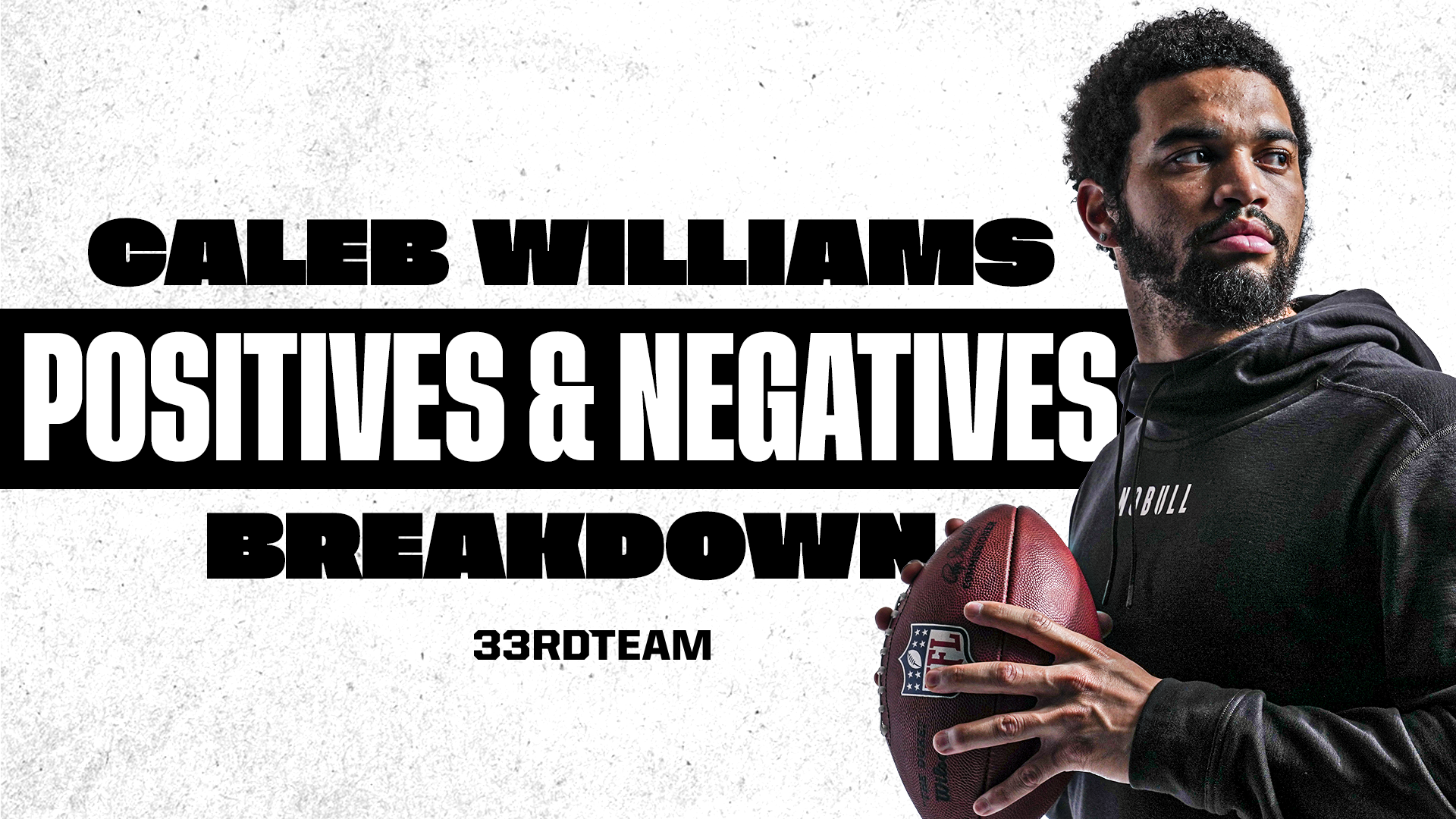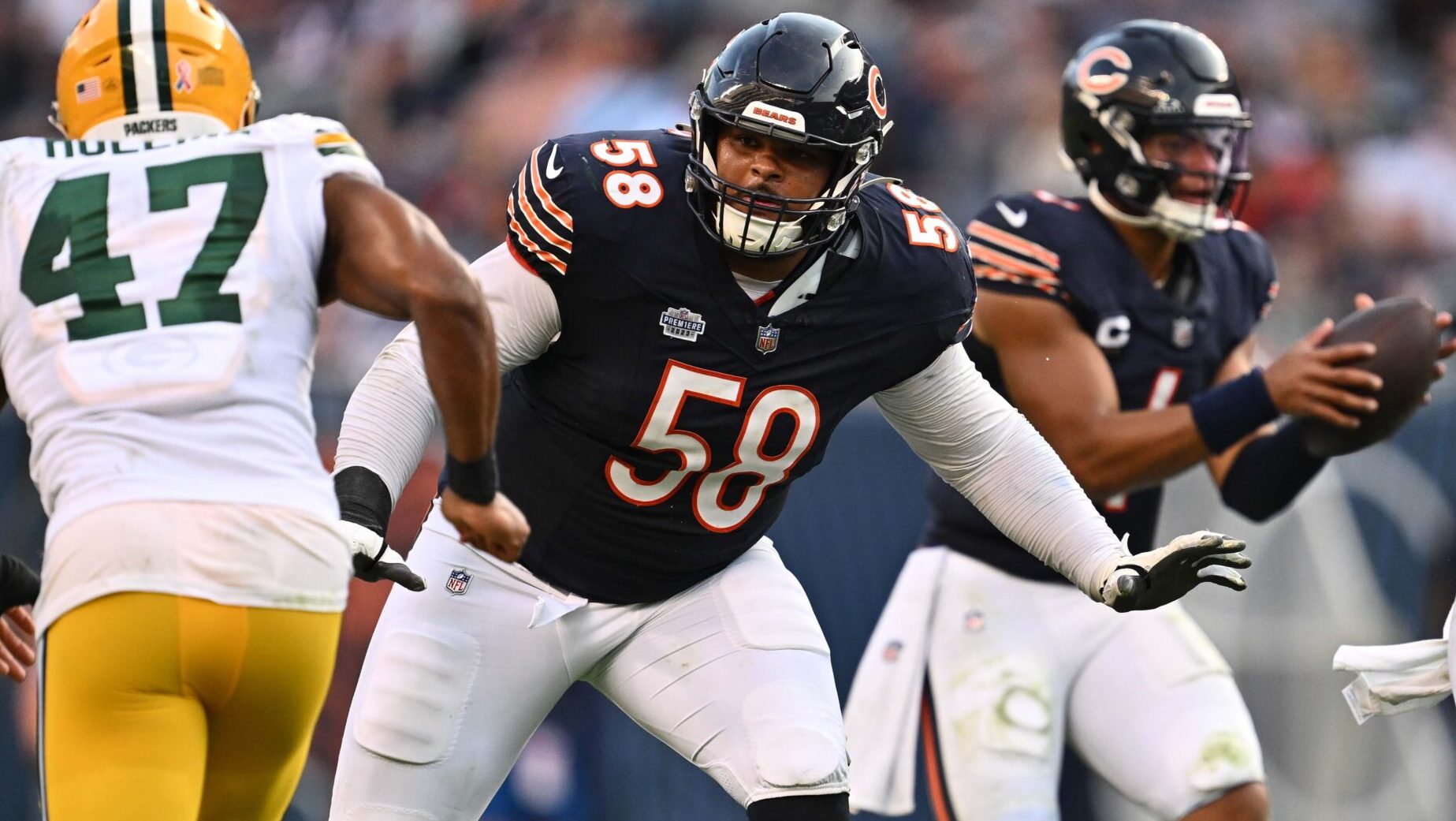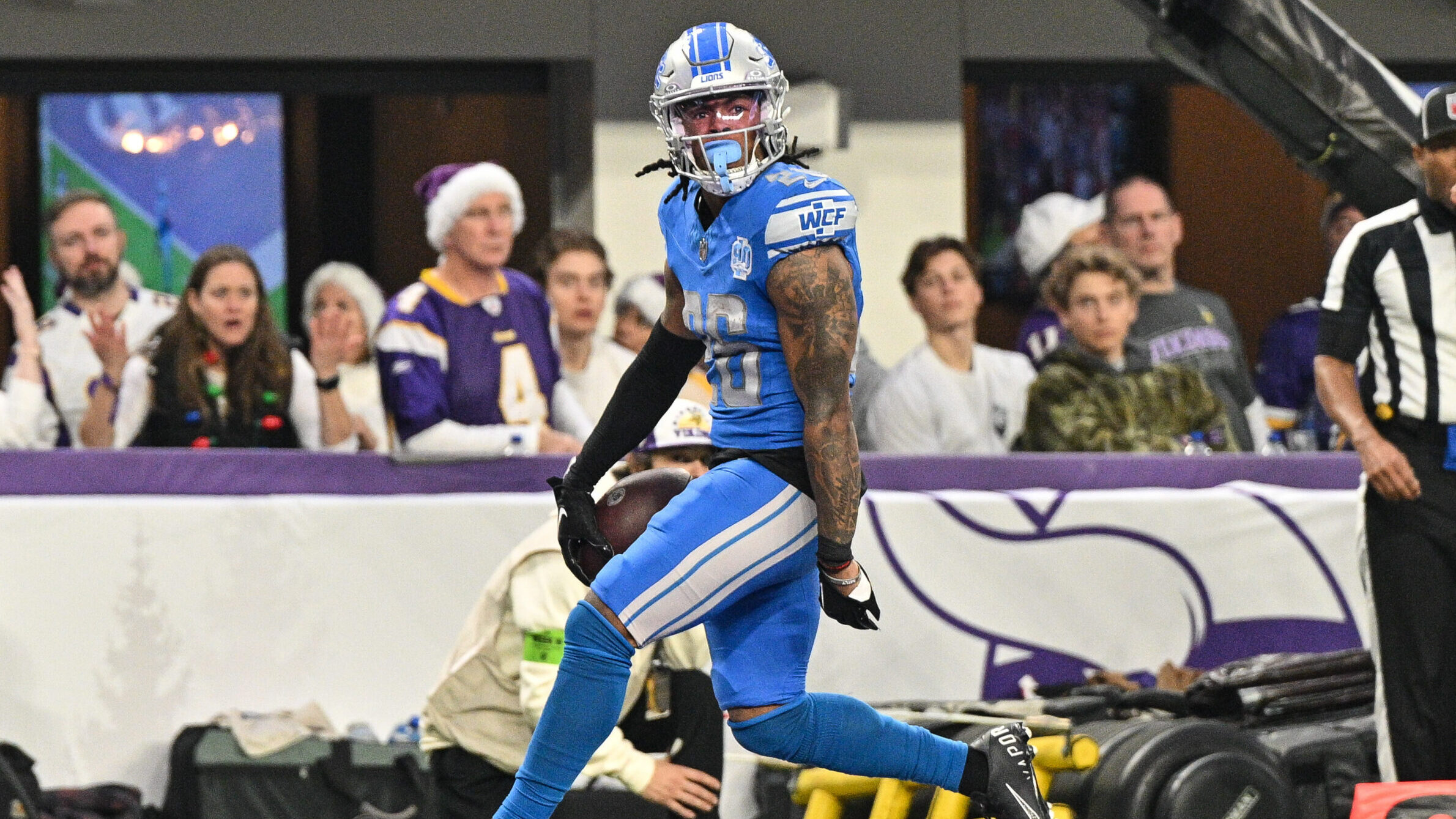Analysis
12/8/21
8 min read
Thank You, Next: How High-Dollar Coaching Contracts Are Changing College Football

On November 29th, 2021, Pete Thamel of Yahoo Sports tweeted that Notre Dame head coach Brian Kelly would be leaving for LSU. Two days later, during the college football playoff rankings show, Committee Chair Gary Barta stated that the committee's protocols evaluated player and coach availability, indicating that Kelly leaving Notre Dame could potentially affect Notre Dame's final ranking and their chance at playing in the playoffs. What was already a startling decision for many became even crazier after hearing that statement. How could Brian Kelly leave a team on the verge of making the playoffs?
There are several reasons why coaches are leaving teams, even on the brink of a playoff game. The most obvious reason is the significant amount of money these coaches are being offered. Lincoln Riley left Oklahoma for USC for what is presumed to be about a $110 million deal that includes perks such as USC buying both of his houses in Norman, Oklahoma for $500,000 above the asking price, unlimited use of the USC private jet, and a $6 million house for Riley and his family in LA.
Kelly signed a $100 million contract over 10 years and includes several hundred thousand incentives depending on whether he wins an SEC championship or even appears in one, whether he wins a college football playoff game, and even if he has a winning record.
With several prominent head coaching positions becoming available, many schools began offering large extensions to their current head coaches to ensure they would stay. Mel Tucker, the current Michigan State coach, signed a 10-year $95 million deal shortly after his name was being brought up for several open head coaching jobs. This made Michigan State jump right away to ensure he would stay, despite only two seasons at the school and a 17-14 record.
James Franklin, the Penn State head coach whose name was also brought up for several open head coaching jobs, received a 10-year $75 million deal to stay. In addition to these coaches getting significantly more money, the buyout options also heavily favor the coach as opposed to the school if the coach were to leave.
Do Buyouts Really Matter Anymore?
If Mel Tucker were to leave Michigan State, his buy-out would only cost $2.5 million and would decrease by $500,000 each of the next three years. His contract is also fully guaranteed if he is fired without cause. James Franklin's buyout is only $6 million by 2035. With contract buyouts that lean heavily towards the coaches, agents and coaches feel that it gives them extra security in a volatile job. Athletic Directors state that buyouts typically come from boosters who are willing to write big checks to get their new head coach and therefore the Universities don't have to worry about taking the money from school funds. Both sides feel like it's a "win-win," but it puts more power in the coach's hands and in the end. Meanwhile, it hurts the players whose coaches can leave at any time because of the enticement of more money and smaller buyouts for the schools they are going to.
These buyouts, however, create situations like the University of Miami coaching situation.
Manny Diaz spent most of this past weekend on the recruiting trail for the University of Miami. During this time there were also several reports that Mario Cristobal, the head coach at Oregon, was offered the head coaching job at Miami before Manny Diaz had even been fired. It was not until Monday that the University released a statement stating that Manny Diaz had been let go and that Mario Cristobal was the new head coach.
A head coach had not even been fired before a school was already courting a new head coach, making an already unstable coaching industry even more unstable. Miami will be spending $8 million to buy out Manny Diaz, $9 million to buy out Mario Cristobal at Oregon and that does not even include what Cristobal's salary will be. If schools can at any time look for a new head coach because money is no longer an object, we will continue to have situations like what just occurred at Miami.
While the money is making coaches leave, the schools are being more aggressive and hiring these coaches before the season ends because of the way the recruiting cycle has recently changed. In 2017, an early signing day was added in mid-December to allow students who were confident in their commitments to a school to sign before the typical February signing date. This also allows coaches to solidify their recruiting class before the February signing date, where coaches can then turn their attention to the recruits who are less strong in their commitments to a school. Because of this date, schools want to ensure that they have their head coach to help ease commitments who may be unsure about who would be the new head coach and lock up their recruiting class as early as possible like the rest of the country.
How Does this Affect the NFL?
There are several ramifications to the current state of college football aside from making the sport about the coaches instead of the players, catching schools and players off guard, and potentially hindering postseason hopes. The increased amount of money also changes the landscape of college football coaching and could have ripple effects in the NFL.
NFL coaching salaries are much more private than player salaries because not only is there no union or salary cap, but teams keep these deals close to their chest to maintain a coaching salary hierarchy between different coaching levels. For example, most first-time NFL head coaches make around $5 million a year (or less) and those with more significant NFL experience make around $8 to $9 million a year. The more tenured coaches make anything from $10 to 15 million a year if not more. However, with college coaches now making around $9 million a year, it is sure to have a ripple effect in the NFL.
If college coaches are making the same amount of money as experienced coaches in the NFL, it is sure to increase entry-level coaches' salaries in the NFL to make the job more appealing, and therefore increase more tenured coaches' salaries, etc. Where many would say that the NFL is more prestigious and a step up from college football, if there's more money in college, more coaches may stay in college sports while NFL coaches, and particularly coordinators, could leave NFL jobs for college football jobs that pay significantly more money.
Could the NCAA Begin Restricting College Coaching Salaries?
It would make sense for the NCAA to somehow regulate coaching contracts, though in the 1990s the NCAA attempted to restrict assistant college coach salaries and were found to have violated antitrust law. Violating antitrust law is of particular importance after the Supreme Court stated this past summer in NCAA v. Alston that the NCAA "was not above the law" and invited lawsuits against the NCAA if they were to violate antitrust law, which a restriction on coaching compensation would do. Therefore, like most situations in college athletics currently, if there were to be any restrictions on college coaching contracts, it would have to be implemented through Congress.
Last Wednesday, Senator Richard Blumenthal stated that the latest college contracts were "getting attention in Congress." Congress has already been looking to pass a bill on Name, Image, and Likeness and potentially various other provisions regarding college athletics. However, Sen. Blumenthal also mentioned that he did not "think Congress should be setting compensation caps" and instead what they "should be doing is requiring fairness in treatment of athletes." Specifically, it could involve striking a deal with the NCAA by giving them antitrust protection if they instituted compensation caps or better health benefits for players, etc. Something like this would not happen until next year at the earliest given the fact that there is already a lot (understandably) on Congress' plate.
To fans and schools, it's all about making money and winning. But the reason we love college sports is the student-athletes that put their heart and soul into their football programs. Schools are always looking for the next Nick Saban, but the days of Saban, Alabama's head coach for 15 years, might be an anomaly. The day after it was announced on social media that Brian Kelly would be leaving Notre Dame, Notre Dame Athletic Director, Jack Swarbrick, held a press conference to discuss his former head coach's decision to leave the program. When asked about the landscape of college football after the recent coaching changes, Swarbrick stated "We better be asking what we want college football to be and how we make sure it still fits inside the University environment." If this trend continues, we are affecting the lives and experiences of student-athletes for the worse.








